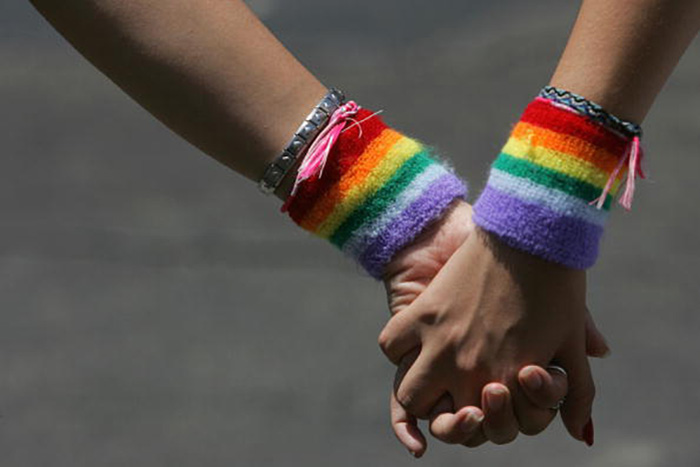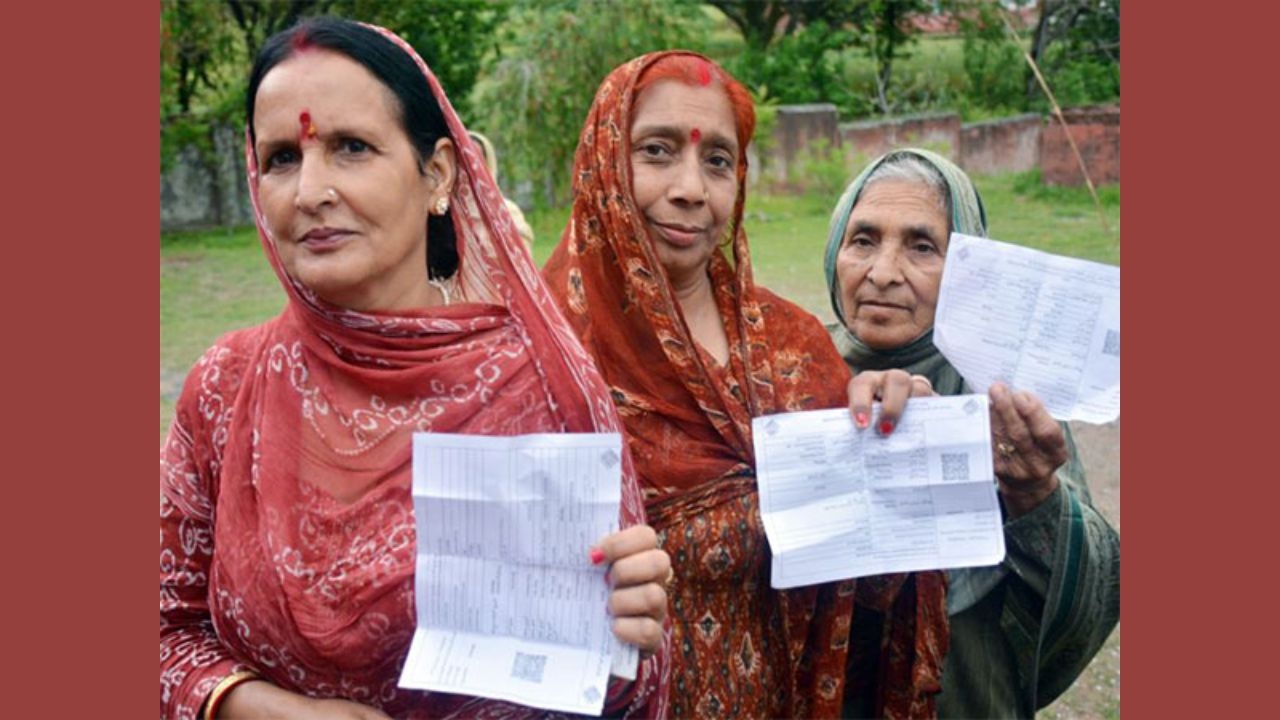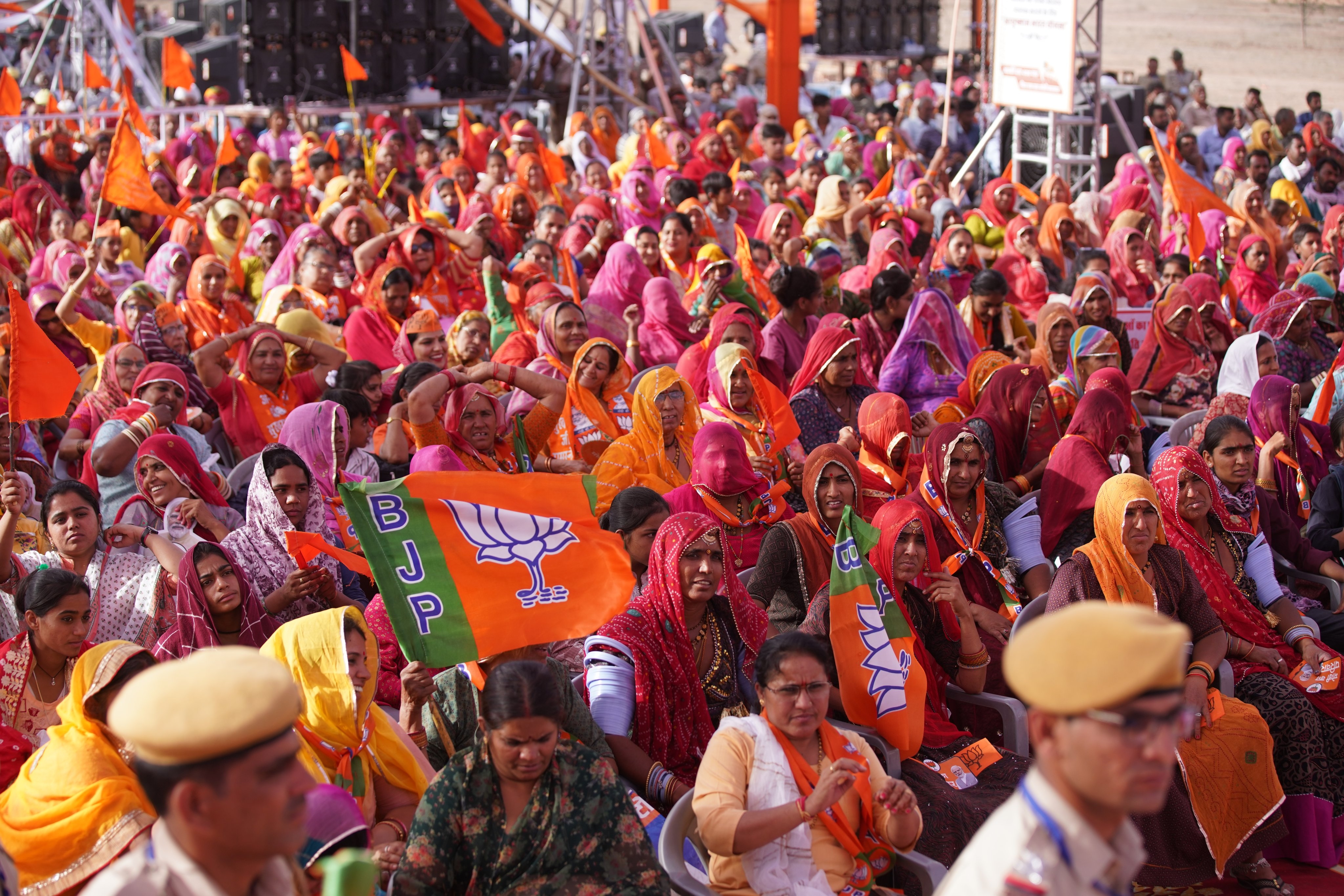Do all gay stories in #Aligarh end on a tragic note?

My roommate at Aligarh Muslim University was a lesbian. Memories of Fareha Khan (name changed) gushed back when I saw the official trailer of Aligarh - a film based on the tragic life of a gay professor, who was hounded and shamed at India's third oldest university.
The film releases on 26 February with an A-certificate, but the trailer has gone viral with almost 4 lakh hits at last count.
Shrinivas Ramachandra Siras taught Marathi at Aligarh till April 2010 when he was found dead under mysterious circumstances. His story is now at the centre of the public debate surrounding Section 377, which criminalises homosexual acts.
The message of the film is simple: #ComeOut. Come out and question. Come out and talk. Come out and live. Come out and love.
But the tension is palpable when the professor talks.
"How can anyone understand my feelings... this uncontrollable urge."
"I am an outsider here. I teach Marathi in an Urdu-speaking town. Live alone between married couples."
The other gay story
In the final year of college, Fareha and I were allotted the same room. We were both surprised. Not because we were not friends, but because it was unusual to put students from different disciplines together.
The allotment was temporary as by then we were both entitled to a single-seater room. Till then we had to share the cupboard, the study table, and the electric heater - which she had smuggled in to make Maggi and keep the cups of chai going.
There was also an unspoken agreement. I had to leave the room when Fareha's girlfriend - a batchmate of ours - was visiting her.
Fareha was a pretty girl, much prettier than her girlfriend but she didn't feel that way about herself. And she made her sexuality obvious to everyone from the ways he dressed - she'd usually don a pair of jeans worn and a loose chequered shirt. Her hair was shorn short. Her naturally gruff voice added to the persona she was trying to project.
Fareha was immensely popular on the campus. Popular enough to win the students' union elections.
Not once, but twice.
She made friends easily, championed students' issues and picked fights with teachers over issues even as the rest of us spent sleepless nights over the warden giving us bad vibes.
During Moharram, Fareha's popularity would reach its zenith. She would wear black, thump her chest and sing "marsiyas" in her beautiful voice. She was the undisputed queen of the university during those 10 days. The common hall would be packed with girls, predominantly Sunni, to hear her sing - even if it was a "marsiya" - a ritual Sunnis abhor.
Fareha walked tall on the campus and loved being compared to "Sanjay Dutt". She didn't worry about girly visits to the beauty parlour or what to wear on a Sunday outing.
Also read - India's Constitution has given you the right to freedom of expression, says Mahesh Bhat
The only time she made a concession was at the annual Sir Syed Day dinner where it was compulsory for students to wear a white shalwar suit with dupatta. She would keep running her fingers though her hair and tugging at her dupatta neatly pinned on the shoulders for those hours.
Fareha had a steady girlfriend. Culturally, she and Fareha were polar opposites - the girlfriend was convent-educated unlike Fareha, who could barely speak English.
I ran into trouble with Fareha just once. I used her "turbah" (a black stone Shias use to pray) as a hammer. I had no clue about the religious significance of the stone. When Fareha saw the cracked stone she was livid. She accused me of deliberately breaking it.
We didn't speak for a while.
A couple of weeks later, Fareha was allotted another room. We continued to bump in between classes at college and said quick hellos. Over time we learnt to joke about my ignorance of the "turbah".
Months later we graduated, and I left Aligarh.
But Fareha continued to be a part of my mindscape, especially during Moharram. I missed listening to her "marsiyas".
Hiding in plain sight
When I reunited with old friends on Facebook a few years ago, all of us wondered where Fareha and became nostalgic about her singing.
A few months ago, I finally got to see Fareha's picture on another friend's timeline.
She didn't seem like the Fareha I had known. This Fareha had long hair, as if she was trying her best to look feminine. This Fareha was trapped in a woman's body and I didn't like the idea of befriending her. This Fareha made me want to cry. She looked so timid and washed out.
This Fareha was unlike the Fareha who stood up for us and took the authorities on head-on.
Fareha wasn't the only lesbian on the campus. There were several others. Some I've been able to reconnect with on Facebook - all ostensibly living the good life. But Fareha was the only one who had the guts to be herself even in a conservative town like Aligarh.
Obviously that didn't last long. She had to eventually bow out and kill her real side - relegating it to an alter ego.
Fareha didn't quite die tragically like Prof Siras. Nevertheless, she did. That's a story that needs to be told.
More in Catch - SC keeps the battle against Section 377 alive. Here's a look back at the controversial law







![BJP's Kapil Mishra recreates Shankar Mahadevan’s ‘Breathless’ song to highlight Delhi pollution [WATCH] BJP's Kapil Mishra recreates Shankar Mahadevan’s ‘Breathless’ song to highlight Delhi pollution [WATCH]](http://images.catchnews.com/upload/2022/11/03/kapil-mishra_240884_300x172.png)

![Anupam Kher shares pictures of his toned body on 67th birthday [MUST SEE] Anupam Kher shares pictures of his toned body on 67th birthday [MUST SEE]](http://images.catchnews.com/upload/2022/03/07/Anupam_kher_231145_300x172.jpg)






